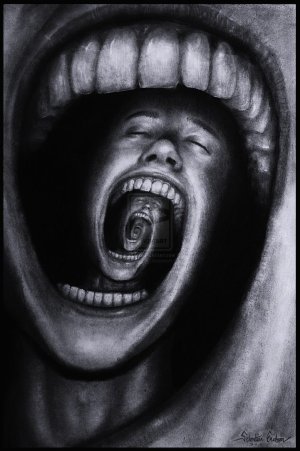John K
Donor
- MBTI
- INFJ
- Enneagram
- 5W4 549
I quite agree Ren, though it's more insight than logic or empirical observation. If I had to place a bet on it, I would put my money on what I'm calling the software, particularly in it's meta-software aspect (the 'rules' that determine how rules emerge and work), as having objective existence, and one which transcends the world we know - by which I mean that sufficient of it is independent of the existence of the Universe that it can determine our origin prior to its existence, and its initial content. By 'initial' I don't just mean in temporal terms, but in terms of determination too.That's a very deep point. I admit that I do not know how to answer it. But it also seems to me that the notion of rule (or 'template' as you used in a comment to an earlier blog post of mine) is very difficult to eliminate from the basic metaphysics of the universe. I don't think it is convincing to argue that such rules/templates are mere reifications of the human mind. The mind too, after all, has to work on that something which it conceptualises as rule, law, or template. The something is still there, external to the mind, and it isn't in itself physical.
We are back to the Kantian notion of the thing-in-itself, lol.







